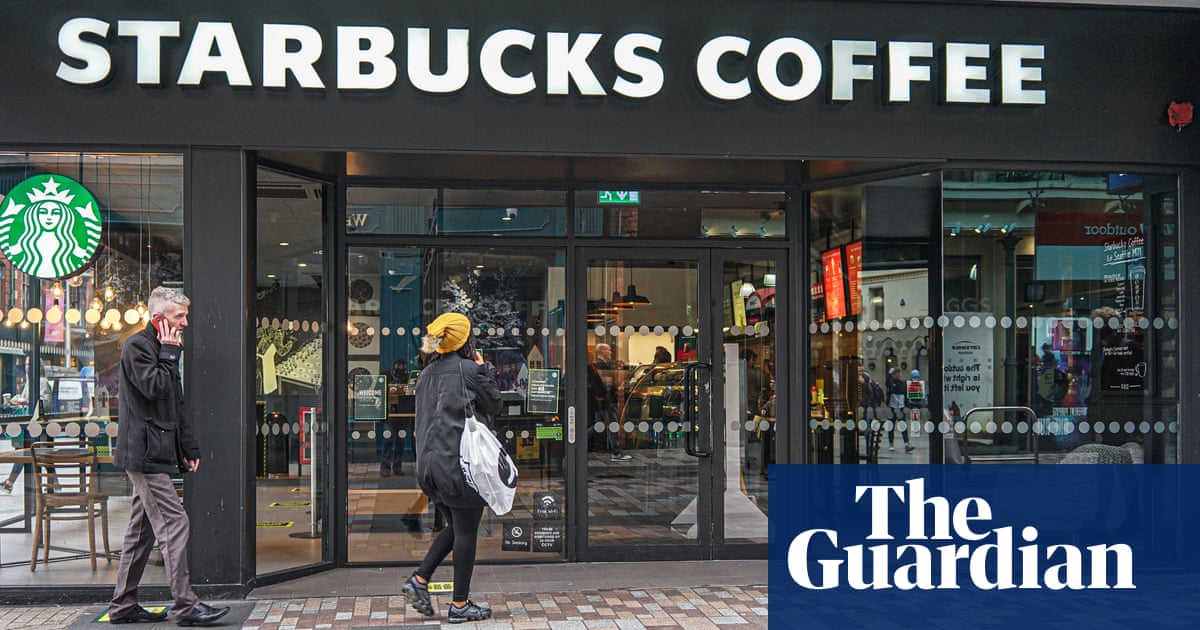
An online sales tax would push up prices for consumers, the British retail industry lobby group has warned, after it emerged that Rishi Sunak is exploring plans for a levy to protect high street shops from mounting competition.
Against a backdrop of rising retail job losses and store closures triggered by the coronavirus crisis, the chancellor is looking at taxing internet shopping for England as a potential replacement for business rates, the levy on companies based on the premises they occupy.
However, the British Retail Consortium – the country’s leading retail lobby group, whose members include big online firms as well as traditional chain stores – said consumers would face higher prices online if such a tax were launched.
Tom Ironside, director of business and regulation at the BRC, said: “Taxing the sale or delivery of online goods would simply be another burden on an already overtaxed industry, one that would ultimately hit consumer spending through higher prices.
“Throughout the pandemic, many of us have been relying on retailers to ramp up their online services to ensure we can all get the goods we need. The government should not harm these efforts by further taxing the businesses providing these services, and the people they serve.”
The possibility of a digital retail tax emerged in a call for evidence launched by the Treasury last week. The government is facing a hole in the public finances of more than £322bn as the coronavirus pandemic plunges Britain into the deepest recession for 300 years.
As part of the process, which is due to be completed by spring 2021, a consultation paper said the Treasury was “exploring the potential strengths and weaknesses of alternative property and online taxes put forward as possible replacements for rates”. According to the Times, Sunak is considering two types of online retail tax: a levy of about 2% on all goods bought online, raising £2bn a year; and a tax on consumer deliveries, which would also be expected to curb traffic and pollution.
Despite opposition from the main trade body for Britain’s biggest retailers, several major high street firms have called for an online sales tax to protect traditional shops.
Tesco’s chief executive, Dave Lewis, has called for an “Amazon tax” on online sales to prevent more high street shops from going to the wall. Britain’s biggest supermarket said a tax of 2% on online sales of physical goods would raise £1.5bn a year, enough to cut business rates by 20% for all retailers.
Late last year, the Commons Treasury committee called on the government to examine an online sales tax, while warning that the system of business rates was broken and placed an unfair burden on bricks-and-mortar retailers.
The Treasury review comes as British households are coming under growing financial pressure and as many consumers stay away from the high street because of Covid-19. Online shopping has risen since the start of the pandemic to about £3 in every £10 spent in total, from about £2 before the crisis.
Should the government launch an online sales tax, it would come on top of a digital services tax launched by the former chancellor, Philip Hammond, which came into force in April.
Sparking tensions with Donald Trump as the government looks to strike a post-Brexit US trade deal, the digital services tax is levied at 2% on the revenues of big technology firms such as Amazon, Google and Facebook that derive value from UK users. However, it raises relatively little: the government expects it to bring in around £300m this year.












